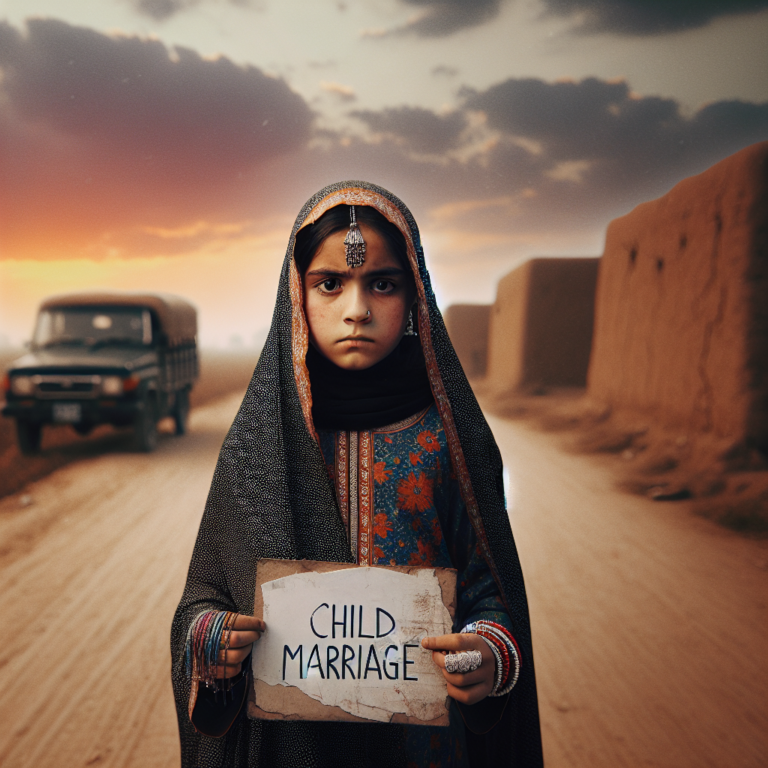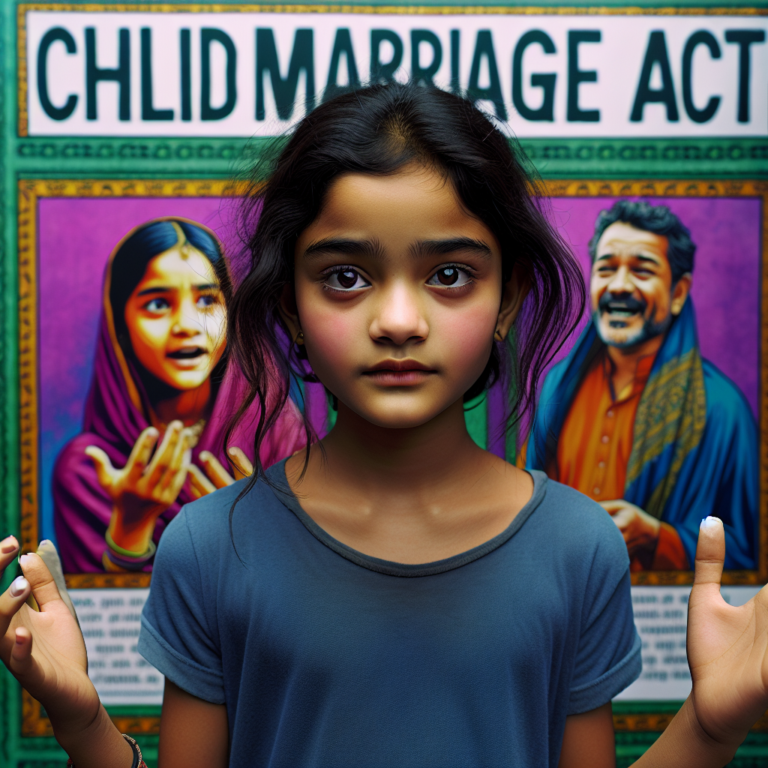Child Marriage Act: Empowering the Future Generations
In many parts of the world, child marriage continues to be a prevalent issue that adversely affects the lives of countless young girls. It hampers their personal growth, deprives them of education, and increases their vulnerability to poverty and abuse. Recognizing the urgency to address this social menace, countries have taken significant steps to implement child marriage acts.
Legislatures from around the globe have come together to frame comprehensive laws to protect our youth from this harmful practice. These acts serve as powerful instruments to safeguard the fundamental rights of children, primarily focusing on preventing forced or underage marriages. The objective is to set a legal framework that promotes education, empowerment, and gender equality among our future generations.
One of the primary challenges associated with child marriage is the lack of awareness surrounding the issue. With the implementation of the child marriage act, a vital tool for raising awareness, the government can actively engage with the public and educate them on the detrimental impacts of this practice. By sensitizing communities, parents, and children about the importance of education, health, and overall well-being, we can gradually erode the social acceptance of child marriage.
The child marriage act also plays a pivotal role in ensuring that children have access to justice. Legal provisions safeguard their rights, providing a mechanism for reporting cases and seeking redressal. This empowers victims and their families to stand up against the oppressive practice of child marriage. Furthermore, these acts emphasize the provision of support services, such as counseling and rehabilitation, enabling survivors to rebuild their lives and become agents of change.
By addressing the root causes of child marriage, these acts aim to break the cycle of poverty and gender inequality. They recognize that education and economic opportunities are crucial in empowering young girls and enabling them to lead fulfilling lives. By mandating compulsory education for children and ensuring that they complete their formal education, the child marriage act sets the foundation for a brighter future.
In addition to this, the child marriage act also encourages community involvement and fosters partnerships with civil society organizations. This collective effort promotes sustainable change and ensures that children are protected not only legally but also through coordinated preventive measures such as awareness campaigns, skill development programs, and access to healthcare.
To truly combat child marriage, it is essential to engage all stakeholders, including parents, religious leaders, and community members. The child marriage act cultivates a culture of dialogue, trust, and inclusivity, where individuals are encouraged to voice their concerns and actively participate in the decision-making processes.
In conclusion, the child marriage act is a significant step towards creating a society where every child can grow, learn, and thrive without the shackles of early marriage. Through comprehensive awareness programs, access to justice, and fostering partnerships, we can protect and empower our future generations. By eliminating child marriage, we are investing in a brighter and more equitable future for all children.
Nada Alahdal
A human rights activist to advocate for the issue of child marriage, and head of the
for the Protection of Girls








